
Overview on Types of Dementia 1
Types of Dementia 1. After my last post on early signs of dementia, As a result, I have a follow up post on 10 types of dementia, that you can understand and the symptoms you might see, this is a 2 part post with 5 types on each of the two posts.
So then, Dementia is a term used to describe severe changes in the brain that cause memory loss. And these changes also make it difficult for people to perform basic daily activities. However, in most people, dementia causes changes in behavior and personality.
Consequently, all types of dementia affects three areas of the brain:
- language
- memory
- decision-making
Subsequently, most cases of dementia are caused by a disease and can’t be reversed. But rare exceptions do occur, generally in cases of dementia caused by depression or drug and alcohol abuse. However, different types of dementia follow different, pattens of progression, though most are graded along a set of similar stages.
1. Alzheimers disease
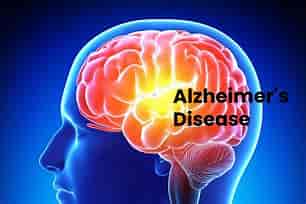
Types of Dementia 1. Alzheimer’s disease is the most common type of dementia. Between 60 and 80 percent of cases of dementia are caused by this disease, according to the Alzheimer’s Association. Here, early signs of Alzheimer’s disease include forgetting names and recent events, neglecting personal care, mood and personality changes, disorientation, and more. Although, depression can be an early indicator of Alzheimer’s disease, it is not part of the disease itself, and must be treated separately as a disorder. Furtheremore, occasionally, depressed older adults are misdiagnosed as having Alzheimer’s disease.
For example, alzheimer’s disease is characterized by brain cell death. Therefore, as the disease progresses, people are more likely to experience confusion and mood changes. Besides, they also have trouble speaking and walking.
Older adults are more likely to develop Alzheimer’s. But about 5 percent of cases of Alzheimer’s are early onset Alzheimer’s, occurring in people in their 40s or 50s.
Stages
The progression of Alzheimer’s is broken down into seven stages. Here, symptoms generally appear at Stage 2, though recognizable dementia begins around Stage 4. Hence, impairment worsens gradually until Stage 7, at which point most people with Alzheimer’s are likely to face severe challenges in speech and movement.
As with most types of dementia, the level of care required varies greatly along with the progression of symptoms.
Risk factors
By the way, alzheimer’s diseases has many different causes that often work together, none of which are fully understood. Known risk factors for Alzheimer’s disease include:
- Age
- Family history
- Genetics
2. Vascular dementia
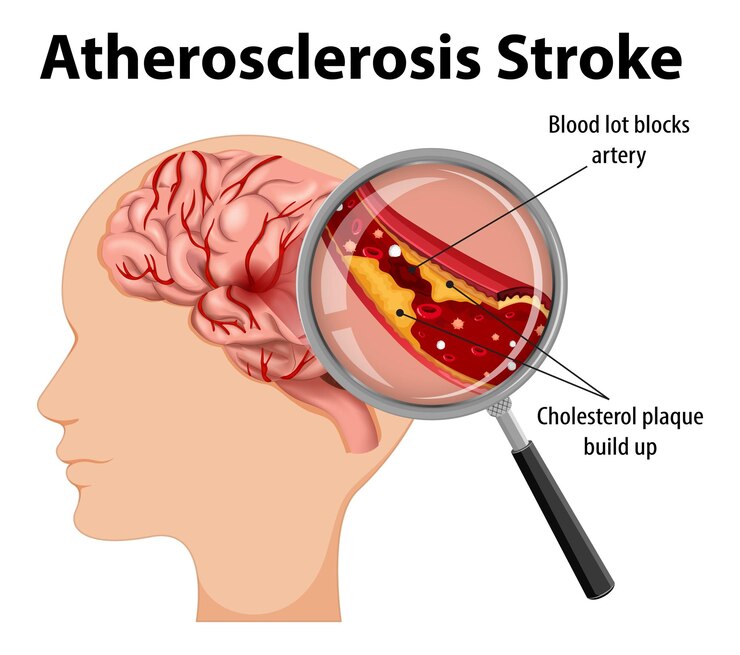
Types of Dementia 1. The second most common type of dementia is vascular dementia. For the most part, it’s caused by a lack of blood flow to the brain. Vascular dementia can happen as you age and can be related to atherosclerotic disease, diabetes, high blood pressure, and more. Strokes are the most common cause of vascular dementia.
Symptoms of vascular dementia can appear slowly or suddenly, depending on their cause. Confusion and disorientation are common early signs. Later on, people also have trouble completing tasks or concentrating for long periods of time. Vascular dementia can cause vision problems and sometimes hallucinations as well.
Because it is often caused by discrete events, vascular dementia tends to appear and worsen in more of a stepwise fashion than the progressive decline caused by Alzheimer’s disease.
Risk factors
Risk factors for vascular dementia are numerous and include:
- age
- history of stroke
- history of heart attacks
- high cholesterol
- diabetes
- lupus
- high blood pressure
- atypical heart rhythms
3. Dementia with Lewy bodies
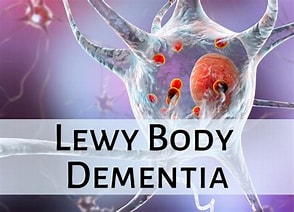
Types of Dementia 1. Dementia with Lewy bodies, also known as Lewy body dementia, is caused by protein deposits in nerve cells. This interrupts chemical messages in the brain and causes memory loss and disorientation.
People with this type of dementia also experience visual hallucinations and have trouble falling asleep at night or fall asleep unexpectedly during the day. They also might faint or become lost or disoriented.
Dementia with Lewy bodies shares many symptoms with Parkinson and Alzheimer diseases. For example, many people develop trembling in their hands, have trouble walking, and feel weak. Lewy bodies can be present in the brains of those with Alzheimer’s, and are often found in those with Parkinson’s.
For those with Parkinson’s, known risk factors for also developing Lewy body dementia are:
- male gender
- changes in posture
- instability with walking
- greater difficulty with movement
- symptoms seen on the left and right sides of the body
- experiencing hallucinations earlier
- symptoms not responding to medication
4. Parkinsons disease
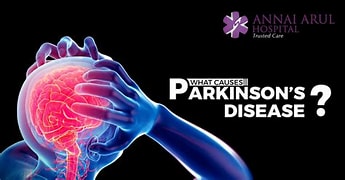
Types of Dementia 1. The majority of people with Parkinson’s disease will develop dementia. Early signs of this type of dementia are problems with reasoning and judgment. For example, a person with Parkinson’s disease dementia might have trouble understanding visual information or remembering how to do simple daily tasks. They may even have confusing or frightening hallucinations.
This type of dementia can also cause a person to be irritable. Many people become depressed or paranoid as the disease progresses. Others have trouble speaking and might forget words or get lost during a conversation.
One unique risk factor for dementia in people with Parkinson’s disease is a set of motor difficulties known as postural instability and gait disturbance (PIGD), which include difficulty initiating movement, shuffling, and problems with balancing and falling.
Like Lewy body dementia, dementia in Parkinson’s disease is progressive. Learn how to recognize early symptoms of Parkinsons disease
5. Frontotemporal dementia
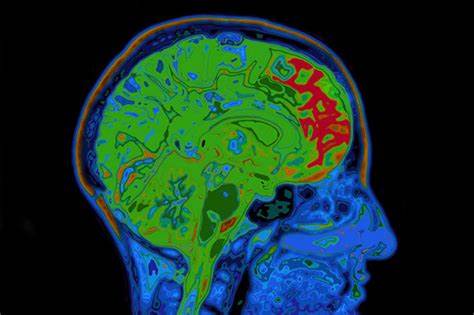
Types of Dementia 1. Frontotemporal dementia is a name used to describe several types of dementia, all with one thing in common: They affect only the front and side parts of the brain, which are the areas that control language and behavior. This type of dementia is sometimes referred to universally as Pick’s disease, though there are multiple forms.
Frontotemporal dementia affects people as young as 45 years old. Although scientists don’t know what causes it, it does run in families and people with it have mutations in certain genes, according to the Alzheimer’s Society.
This dementia causes loss of inhibitions and motivation, as well as compulsive behavior. It also causes people to have problems with speech, including forgetting the meaning of common words. Frontotemporal dementia can have more severe effects on speech than Alzheimer’s.
Unlike in Alzheimer’s, memory problems associated with frontotemporal dementia tend to occur later in the progression of the disease. Frontotemporal dementia is the most common form of dementia that occurs in people with amyotrophic lateral sclerosis, or ALS.
DONATE
Pensioner Fitness Awards
THE BUSINESS CONCEPT, BEST IN BUSINESS AWARDS
- “MOST INSPIRING SENIOR WELLNESS WEBSITE 2023“
THE GLOBAL HEALTH AND PHARMA, FITNESS AND NUTRITION AWARDS
2. “BEST SENIOR FITNESS AND NUTRITION SPECIALIST 2023“
THE MIDDLE EAST AND AFRICA BUSINESS AWARDS
3. “ MOST INCLUSIVE FITNESS PROVIDER 2023″
THE CORPORATE LIVE WIRE GLOBAL AWARDS 2023/2024
4. ” FITNESS ADVISORY PLATFORM OF THE YEAR“ 2023/2024
In Conclusion
Dementia is the loss of cognitive functioning — thinking, remembering, and reasoning — to such an extent that it interferes with a person’s daily life and activities. Some people with dementia cannot control their emotions, and their personalities may change. Dementia ranges in severity from the mildest stage, when it is just beginning to affect a person’s functioning, to the most severe stage, when the person must depend completely on others for basic activities of daily living, such as feeding oneself.
Dementia affects millions of people and is more common as people grow older (about one-third of all people age 85 or older may have some form of dementia) but it is not a normal part of aging. Many people live into their 90s and beyond without any signs of dementia.
Important Note *
Remember that everyone is different, it is ultimately YOUR RESPONSIBILITY to find what your body responds to. So please do your due diligence before trying anything new, including getting Medical Advice to ensure your safety and peace of mind.
Connect with me and leave a comment
One reply on “Types of Dementia 1”
Hi Ian
I am a subscriber and really enjoy reading your informative articles. I live in France but I’m English, from London originally.
I think it is very important this article about dementia and provides a lot of simple information for people to understand. I was listening to a podcast about the effect that Ultra Processed Food, which is a real problem in the USA and the UK too can have a devastating effect on people suffering with dementia and would like to hear what you have to say about that. My father had severe dementia for the last four years of his life, not being able to speak at all and I do associate this accelerated dementia with the fact that his diet consisted of a high level of ultra processed foods, pies and battered products heated up in the oven! Thank you for your work, regards, Gillian